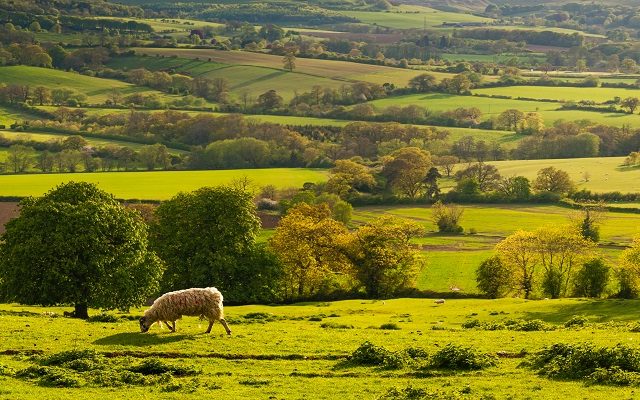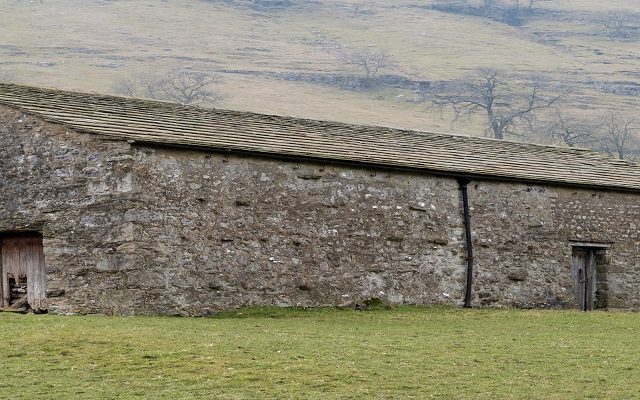
Land Business Autumn/Winter 2018
This summer saw Britain bask in glorious sunshine and soaring temperatures for several weeks on end. The heatwave may have been good news for barbecue and ice-cream sales, but was less so for the nation’s farmers, who have suffered in the drought conditions.
Climate change means that long, dry summers and wet winters are set to become the norm for the UK. This means that crop varieties that previously wouldn’t have been suitable in our climate are increasingly attractive to farmers. On page 10, we investigate whether soya, lupins or sunflowers genuinely can be viable, profitable alternatives to traditional arable crops.
With just months to go before the UK leaves the EU, securing the profitability of the agricultural sector is of paramount importance. With the publication of the Agriculture Bill in September, the government’s vision for food, farming and the environment is finally becoming clearer. On page 24, we examine what the focus on producing ‘public goods’ could mean for land managers after Brexit.
And on page 18, we visit the Claydon Estate in Buckinghamshire. This historic estate has been in the Verney family for 400 years and underwent its most recent succession process in 2014. Since then, Claydon has evolved into a diverse, commercially focused operation with a very bright future.
Click here to view the latest issue of Land Business.
We hope you enjoy reading Land Business. We value your feedback – please visit struttandparker.com/land-business to tell us what you think of this issue.





